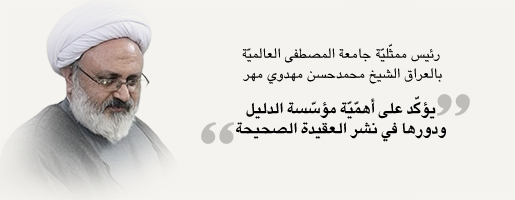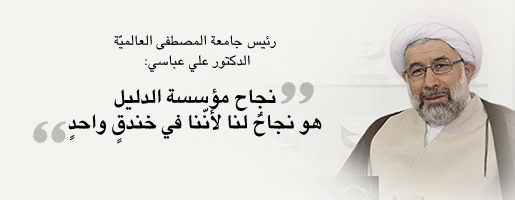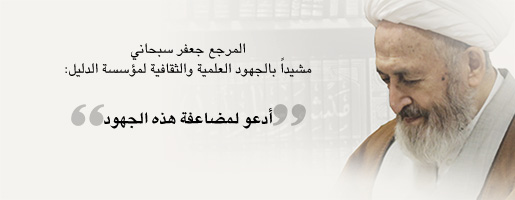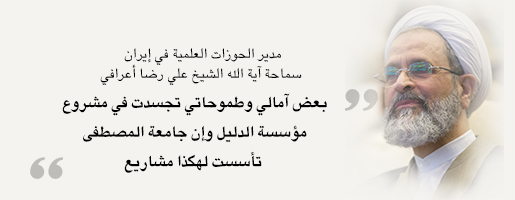

















Dr. Furqan Abdul-Imam
Abstract
Existentialist philosophy, a significant school of thought worldwide, has spread extensively, largely thanks to Jean-Paul Sartre. Sartre authored numerous works in existentialist philosophy, including "Being and Nothingness," "Existentialism is a Humanism," the novel "Nausea," and various plays and books. One of the main factors contributing to its popularity was its emergence during World War II, a time when people were in dire need of ideas that address their real-life experiences. Existentialist philosophers discussed themes such as guilt, death, conscience, and freedom, which resonated with people. Another factor was its opposition to essentialist philosophy, which posits that abstract essences precede existence and that a creator created these essences, leading to determinism and the absence of human free will. For that, Sartre sought to challenge this by using phenomenology and the intentional approach to argue that existence precedes essence. He distinguished between "being-in-itself" (external objects) and "being-for-itself" (consciousness), and that consciousness has an intentional object and is open to the external world. Additionally, he described "being-for-others," in which others constrain human freedom. Sartre also argued that consciousness inherently contains the capacity for negation and accepting contradictions, which represents the "nothingness" at the core of existence—this, according to Sartre, is the foundation of human freedom. He used this philosophy to argue against the existence of God, asserting that divine existence would negate human freedom. Sartre›s arguments included the claim that the concept of God is inherently contradictory, as God would simultaneously be "being-in-itself" and "being-for-itself," but their coexistence is impossible. This study critically examines and refutes these existentialist arguments, particularly those rejecting the existence of God.
